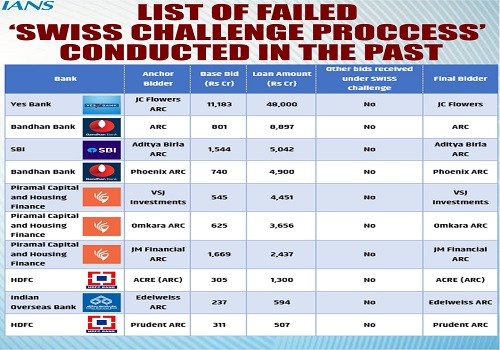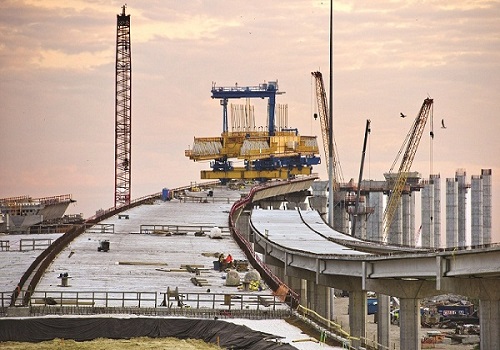Experts clamour for changes in the current Swiss Challenge process regulations

The current rules governing the Swiss Challenge process are lopsided, favouring the anchor bidder, and stymie the basic objective of value maximisation by the lenders of a stressed asset.
This is the opinion of various banking and industry experts closely involved and associated with the Swiss Challenge process.
Highlighting the flaws in the current regulations, an analyst on the condition of anonymity said, in the extant regulations, governed by the Master Direction - Reserve Bank of India (Transfer of Loan Exposures) Directions, 2021, an anchor bidder is accorded unlimited rights, including the Right of First Refusal (ROFR), to match any potential challenger bid in the Swiss Challenge process.
This is a sort of guarantee to the Anchor Bidder to emerge the final winner in the Swiss Challenge process, even much before the process is initiated.
This restricts participation from the serious potential bidders in the Swiss Challenge process, as they know that the anchor bidder, with unlimited ROFR, will match their bid, thereby defeating the basic objective of value maximisation for conducting the challenge mechanism.
The analyst said that this is the main reason that various Swiss Challenge processes conducted by the banks in the past have failed to attract any competitive bids from the potential bidders, forcing them to accept the anchor bids as the winning bids, thereby taking a huge hair-cut on their outstanding debt in the stressed assets.
"This clause needs modification for the lenders to achieve the value maximisation through the Swiss Challenge process. The best way to encourage maximum participation from the potential bidders is by specifying the mark up in the challenge mechanism in advance," said the analyst.
Elaborating further on this, he said the anchor bidder should be allowed to match a challenger bid if that bid is 10 higher than his anchor bid. In case the difference is more than 10 per cent, then the highest challenge bid should become the winning bid.
Echoing the same sentiments, another banker said that lenders have successfully executed this formula in the Swiss Challenge Process followed for the award of Jewar International Airport. In the process, Delhi International Airport Ltd (DIAL) -- the anchor bidder, had Right of First Refusal, but within a limit of 10 per cent of the highest challenger bid. This limited right of first refusal encouraged other bidders to participate in the Challenge Mechanism process, with Zurich Airport International, AG emerging as the winner.
Another analyst also suggested that the anchor bidder should also be made to submit 25 per cent of the base bid amount as upfront payment along with the base bid.
Also, the lenders should bring in more transparency in the Swiss Challenge process by publicly disclosing the essential elements of the base bid to all the bidders.




















